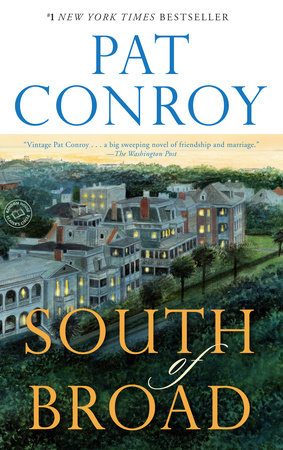

The Stars Are Fire
By Anita Shreve
By Anita Shreve
By Anita Shreve
By Anita Shreve
By Anita Shreve
Read by Suzanne Elise Freeman
By Anita Shreve
Read by Suzanne Elise Freeman
Category: Historical Fiction | Suspense & Thriller
Category: Historical Romance | Historical Fiction | Suspense & Thriller
Category: Historical Romance | Historical Fiction | Suspense & Thriller | Audiobooks

-
$17.00
Mar 27, 2018 | ISBN 9780345806369
-
Apr 18, 2017 | ISBN 9780385350914
-
Apr 18, 2017 | ISBN 9780804147675
523 Minutes
Buy the Audiobook Download:
YOU MAY ALSO LIKE
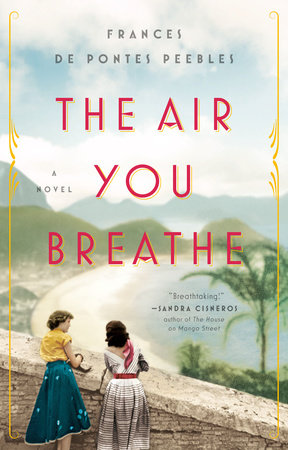
The Air You Breathe
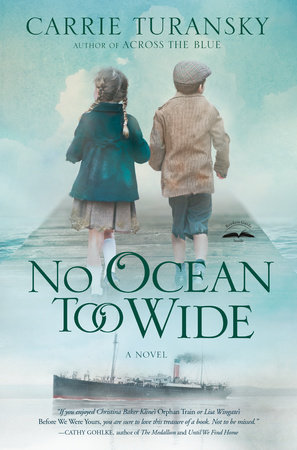
No Ocean Too Wide
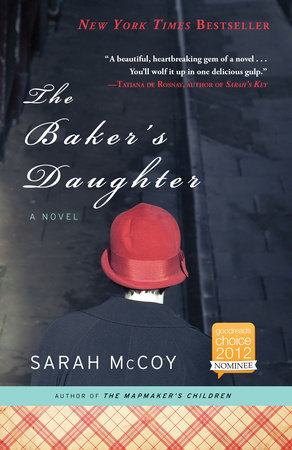
The Baker’s Daughter

Silver Bay

The Weight of a Piano
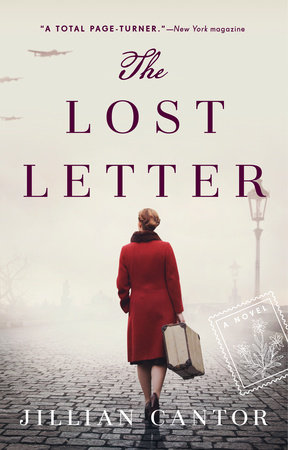
The Lost Letter
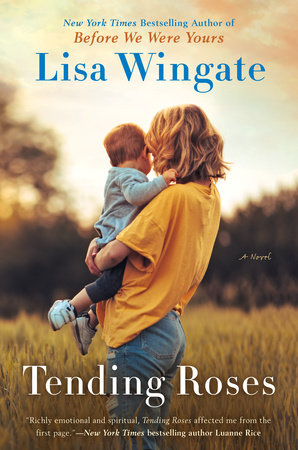
Tending Roses
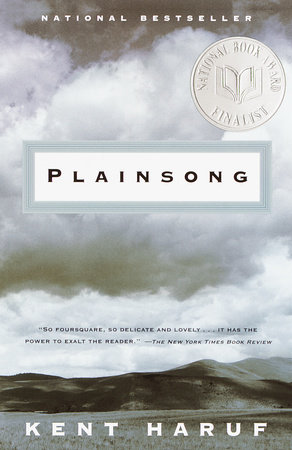
Plainsong
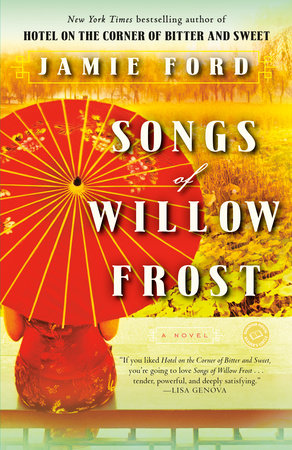
Songs of Willow Frost
Praise
“Long before Liane Moriarty was spinning her ‘Big Little Lies,’ Shreve was spicing up domestic doings in beachfront settings with terrible husbands and third-act twists. She still is, as effectively as ever, this time with a narrative literally lit from within.”
—New York Times Book Review
“Like her sensational best-selling 1998 novel The Pilot’s Wife, about a widow who discovers her pilot husband had a second family, The Stars Are Fire explores what happens in the secret spaces between married people…Masterful… lingers long after the last page is turned, like the smoke from a wildfire.”
—USA Today
“Precise, evocative prose brings the story’s vivid characters to life…original and gripping.”
—People
“Anita Shreve’s books are reliably engrossing literary page-turners, never formulaic…Shreve consistently creates complex characters and plots, often drawn from the historical record or from obscure headlines…Then she tells their stories in unobtrusively elegant prose.”
—The Washington Post
“This is a suspenseful and heartwarming story of not just overcoming but also growing in the face of great difficulty.”
—Booklist
“This is sure to be a best seller. Shreve’s prose mirrors the action of the fire, with popping embers of action, licks of blazing rage, and the slow burn of lyrical character development. Absolutely stunning.”
—Library Journal (starred review, Editors’ Spring Picks)
“It is a book of small moments, a collection of seemingly simple themes that build to surprising and moving crescendoes. Shreve’s spare, economic prose suits her character’s practicality and initial hesitance to determine the course of her own life… Shreve’s crisp writing becomes more expansive in the moments when her protagonist consciously stretches beyond the boundaries of her previously narrow life.”
—BookPage
“I had the sense as I read Shreve’s newest and 18th novel, The Stars Are Fire, that I was in the company of millions of phantom future readers who will adore this novel and devour it and recommend it to all their friends and book clubs…Shreve’s storytelling choices feel organically wedded to her writing, a winning and essentially magical alchemy…It’s all totally irresistible. Along with storytelling mojo and stylistic verve, this novel has an excellent, suspenseful premise: Grace’s life is upended and ultimately transformed by a real-life historical catastrophe, the wildfires that spread through coastal Maine in October of 1947, following months of severe drought….In fact, The Stars Are Fire is so virtuosic, so infallibly readable, it could very well sell more copies than all Shreve’s others combined.”
—Kate Christensen, Portland Press-Herald
“One of the pleasures of reading The Stars are Fire is Shreve’s ability to impart an authentic feel of 1940s daily life… Shreve’s writing is lovely.”
—WBUR.com ‘The ARTery’
21 Books You’ve Been Meaning to Read
Just for joining you’ll get personalized recommendations on your dashboard daily and features only for members.
Find Out More Join Now Sign In










